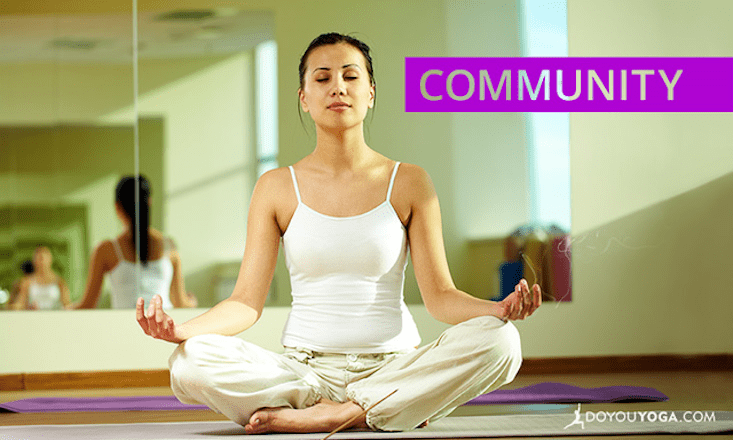If you experience chronic anxiety, you may often find yourself on a roller coaster ride of ups and downs, hurtling back and forth between periods of intense worry and (typically much shorter) periods of relief.
And while we all know that the state of anxiety itself is uncomfortable, what we don’t often think about is the flip side of that anxiety: the delightful respite we enjoy when our worries momentarily subside.
The Cycle of Calm and Anxiety
For someone who frequently experiences anxiety, the stark contrast of feeling calm is pretty extraordinary. And since we engage in this cycle time and time again, our brains cleverly trick us into believing that the anxiety is necessary because it leads to a positive outcome.
As a result, we become attached to anxiety with the following well-intentioned, but very misleading thought: “If I worry, then everything will turn out okay, and I will feel great.”
Of course, the vast majority of us are completely unaware of this thought process because it’s so automatic and ingrained. But if this pattern of chronic anxiety sounds familiar and you think you might be attached to your anxiety, here are three tips for letting go.
1. Accept that you can’t control everything.
The danger in believing that we need to worry for things to turn out okay is that it creates a misguided sense that we can control the outcome. Becoming aware of this flaw in our thinking is the first step in changing our relationship to the anxiety and breaking the ingrained pattern.
Life is full of uncertainty, and those of us who are chronic worriers tend to have a really hard time with that. Part of the process of letting go of anxiety is acknowledging and accepting that there are certain things that we just cannot control.
Rather than wasting energy worrying about what you can’t control, focus on what you can do instead.
2. Stop resisting the anxiety.
When you’re chronically anxious, the last thing you want is to feel anxious. But resisting anxiety only makes it come on stronger. If you’re about to give a presentation at work and you notice that your palms are sweaty and your heart is racing, telling yourself that you must stop feeling anxious will only make the anxiety worse.
Instead, allow yourself to feel anxious. Remind yourself that it’s normal to feel anxious in a stressful situation, and be kind to yourself instead of judgmental. You’ll find that once you allow yourself to feel anxious, you will actually start to relax.
3. Retrain your mind and body.
If you’re feeling anxious, take that as a signal that it’s time to check in with your body. Chronic anxiety often results in our bodies learning bad habits, such as shallow breathing and muscle tension.
If you notice your breath is shallow, take the opportunity to breathe deeply into your belly. If you feel tension anywhere in your body, let it go.
Yoga and meditation are two great ways to retrain your mind and body to be more mindfully aware of your anxiety so you can break the cycle. Vinyasa yoga, with its emphasis on linking breath and movement, is particularly helpful to restore a mind-body connection that is out of sync due to chronic anxiety.
Likewise, a regular meditation practice can help quiet the mind chatter that is the cornerstone of an anxious mind. With time and practice, your relationship with anxiety will change, and you’ll find that you can control your anxiety instead of letting anxiety control you.


